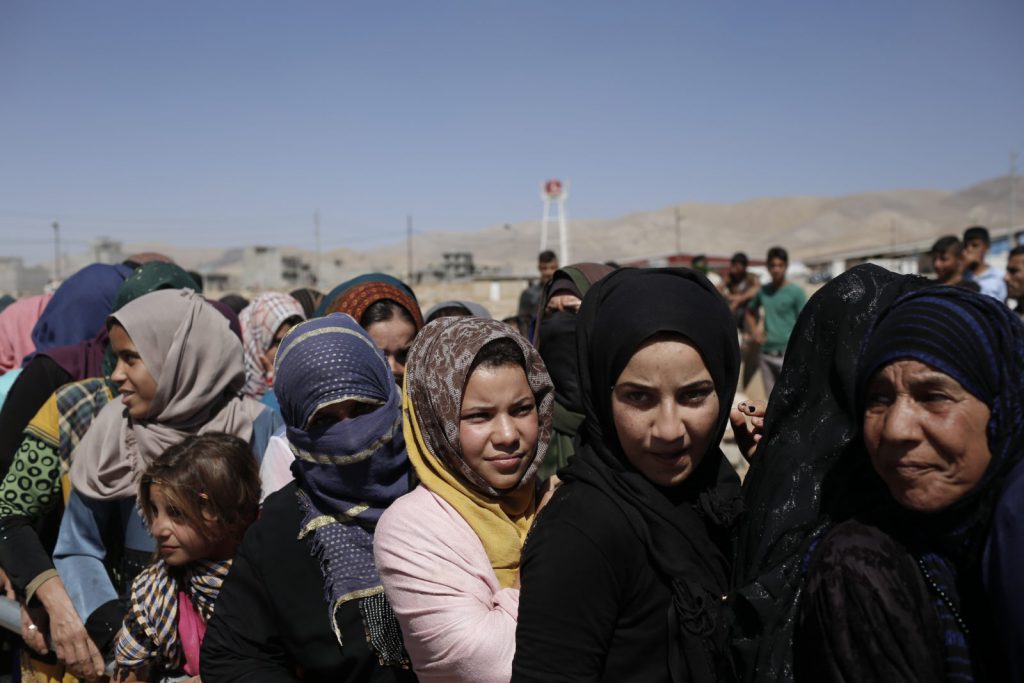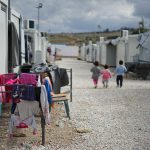
Published September 23, 2018
Secretary of State Mike Pompeo announced last week that the Trump administration will reduce refugee admissions from 45,000 in 2018 to 30,000 in 2019. Mr. Pompeo offered some reasons for this decision: catching up on the 800,000 cases the State Department currently has on file, furthering national-security interests, prioritizing asylum and refugee applicants already in the country, and helping refugees return to their homes.
These are all reasonable concerns, and the last point is especially welcome. The administration is right to prioritize the restabilization of regions from which refugees now escape so that people have the opportunity to return to the land of their heritage. As an Iraqi immigrant raised in the Iraqi Christian community here in America, I know well the longing of many refugees to live at peace in their homeland. The peoples of this world, no matter their religion, deserve the choice to stay in that place they call home.
But any such reorientation of policy has to take account of two critical matters. First, we should prioritize the protection of asylum seekers who risked their lives to help American troops. According to an Aug. 20 Reuters report, only 48 Iraqis who previously worked for the U.S. government or other American entity in Iraq have been accepted as refugees so far this year. That is 98.4% less than the number admitted in 2017, and 99.05% less than those admitted in 2016. These particular refugees risked their lives to help America, and America must repay its debt by standing up for them.
Second, some refugee arrivals reflect the repercussions of U.S. foreign policy decisions. America is not responsible for all the world’s travails. But it is directly responsible for a few particular trouble spots. If the U.S. removes dictators outright or by proxy, or if American intervention destabilizes a region and sets its people at each other’s throats, we should expect millions of people to be displaced, with many pounding the door for safe haven. When it comes to Iraq in particular—and not only those Iraqis who directly helped the effort—the U.S. has distinct moral obligations.
Americans tend to ignore the ways our laws and policies attract and drive immigration to our country, creating flows of refugees. The liquidation of Iraqi Christians, to name one example, is the direct result of the war in Iraq. Iraqi citizens who helped American troops—no matter their religion—are in perilous positions because of America.
Secretary Pompeo rightly says that his department is backlogged in processing a daunting number of refugees. But this does not mean the government cannot draw distinctions. There are 100,000 applicants in this program as of July this year. The processing of these Iraqis who have helped the U.S. effort—who are in a vulnerable and time-sensitive position as the country is engulfed by yet another wave of violence—needs to be a priority.
Ms. Simms is a fellow at the Ethics and Public Policy Center.








